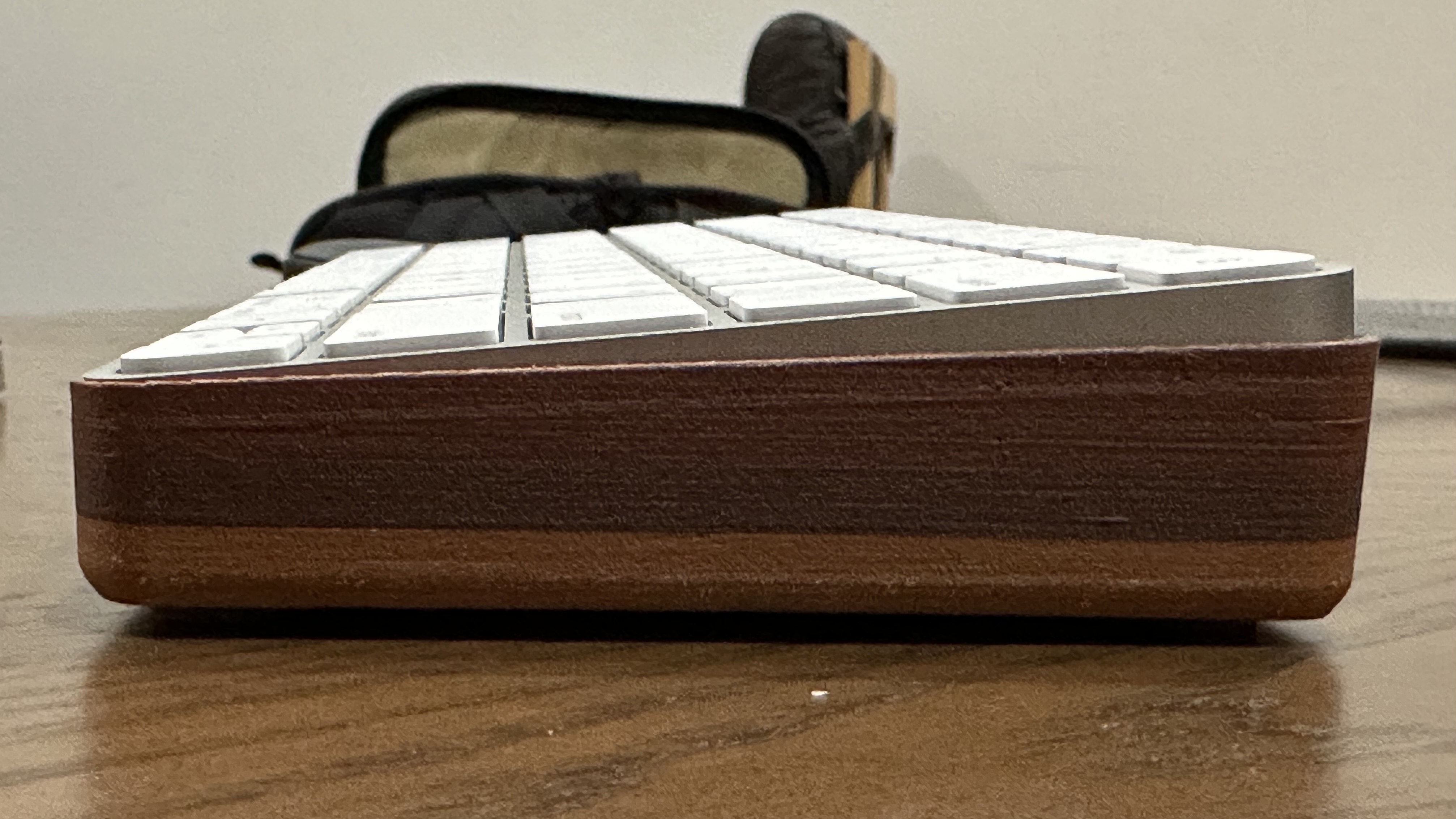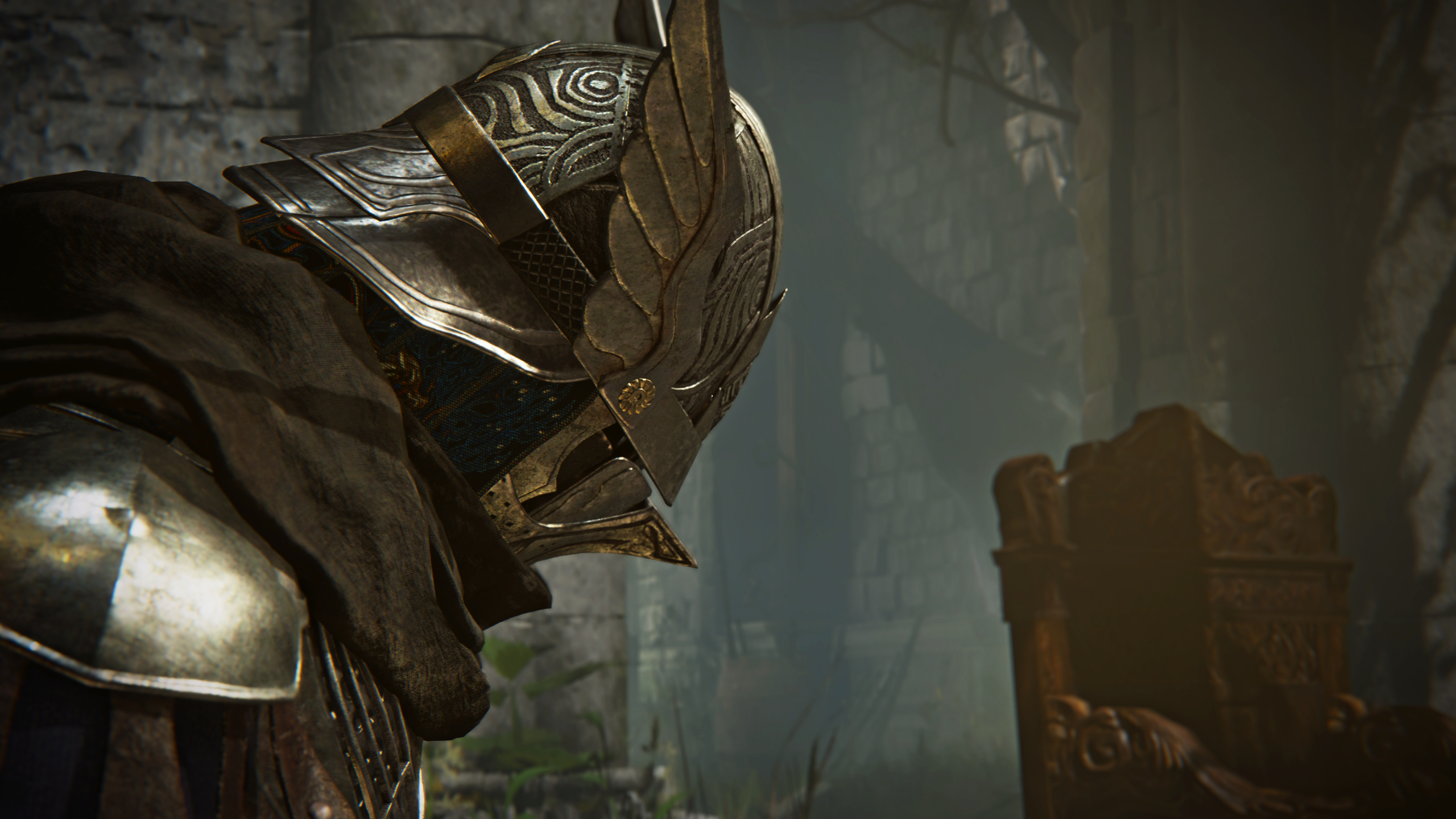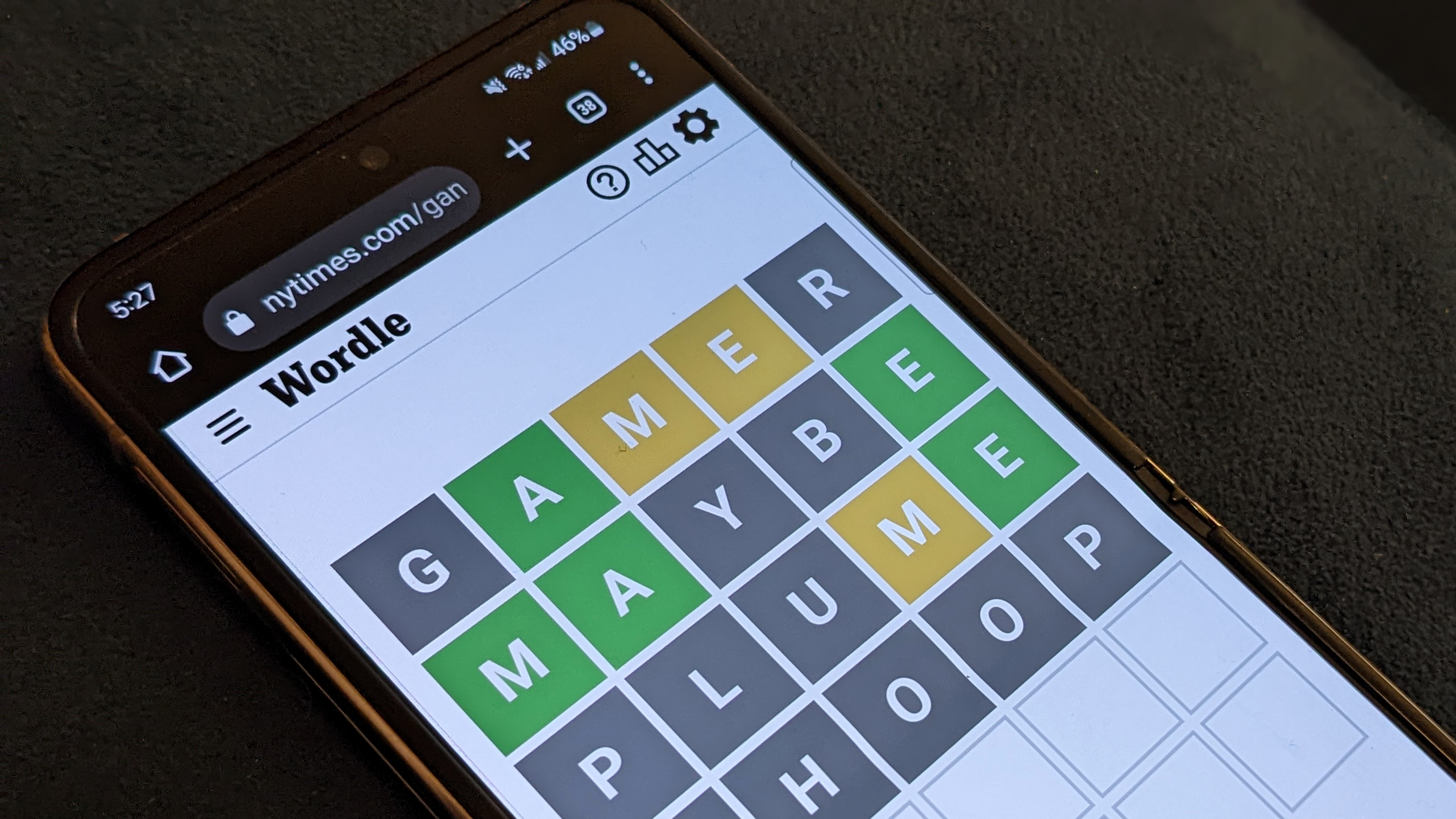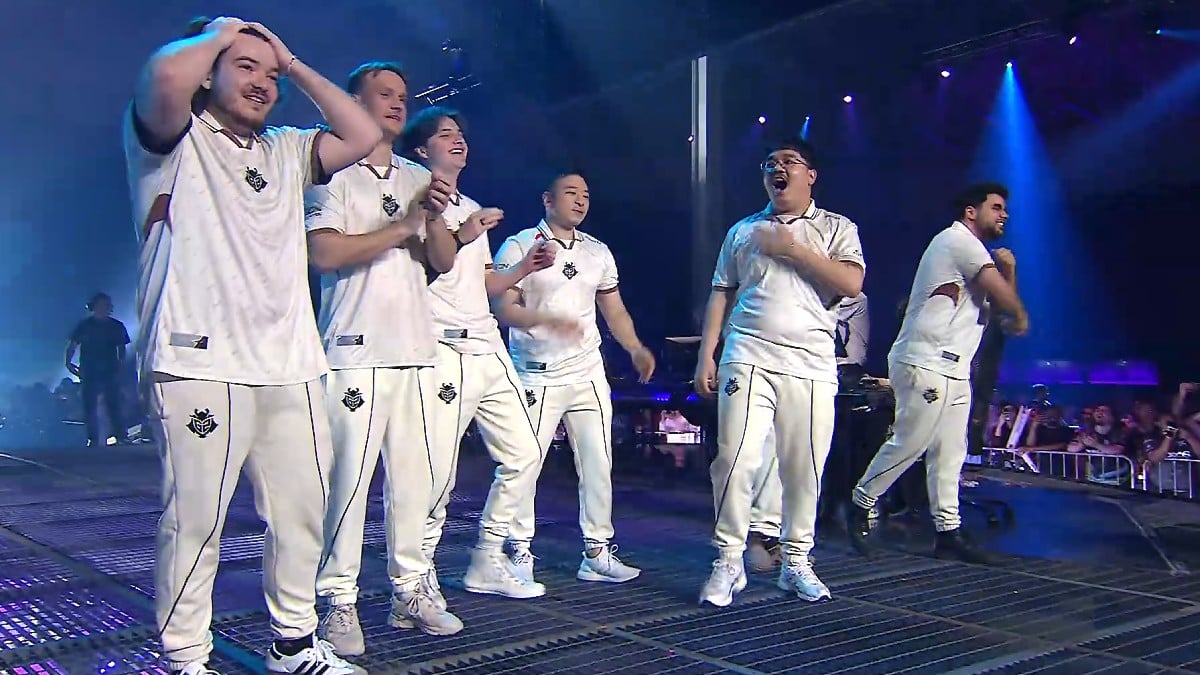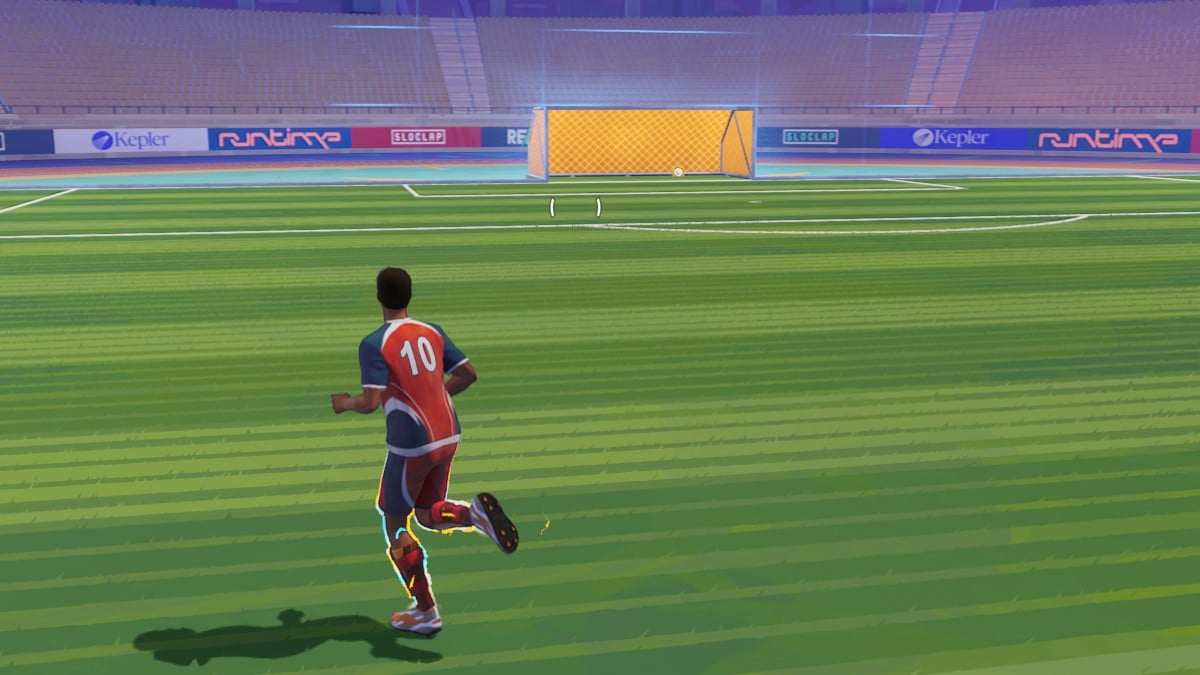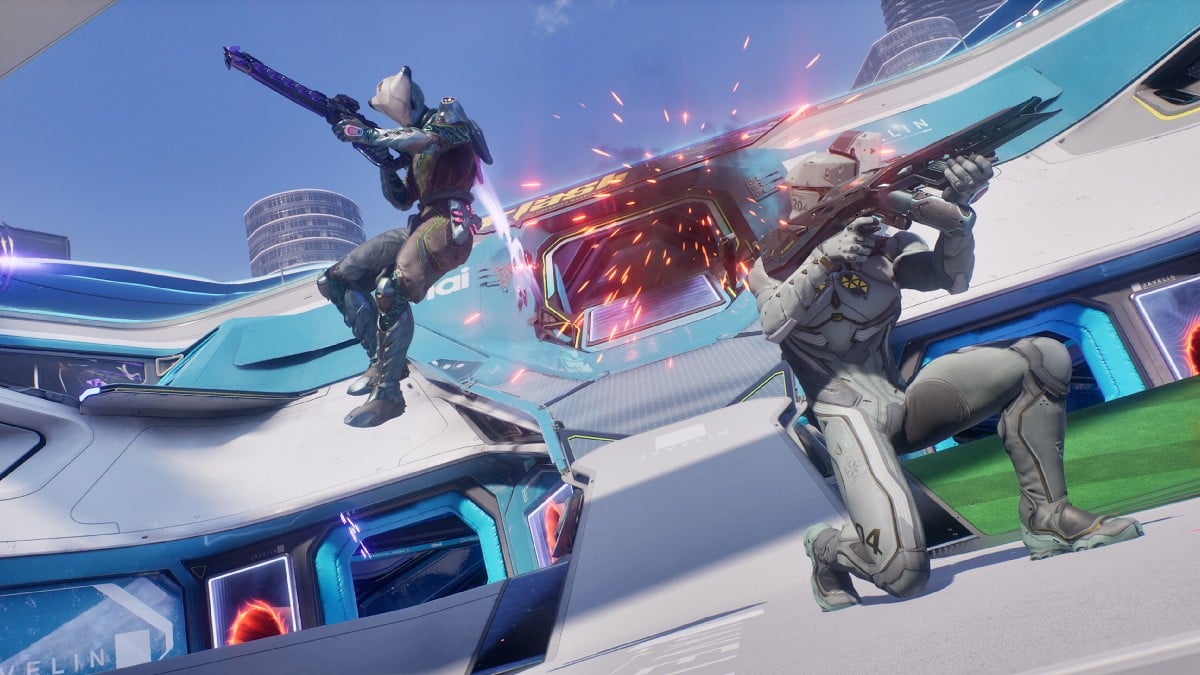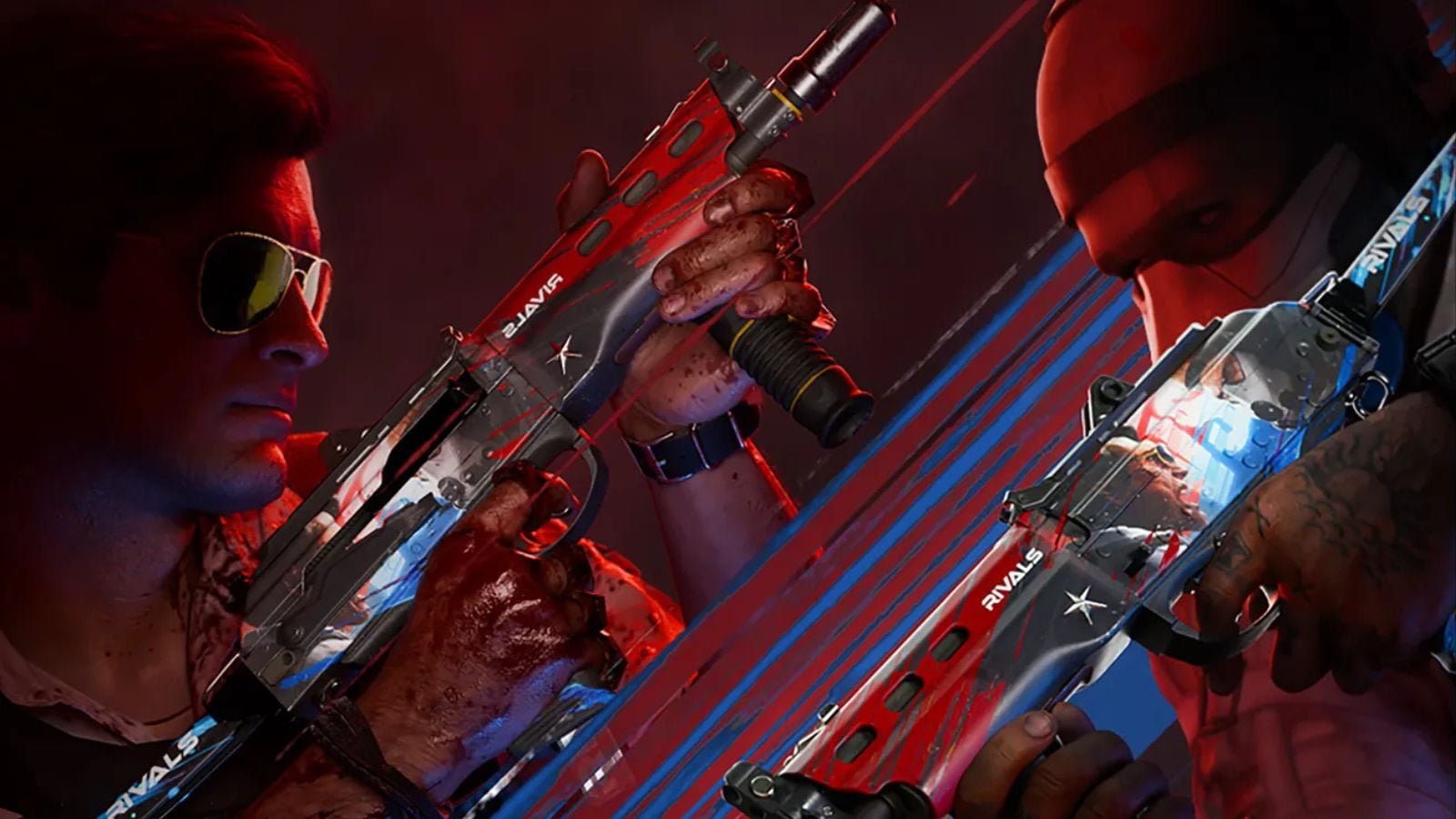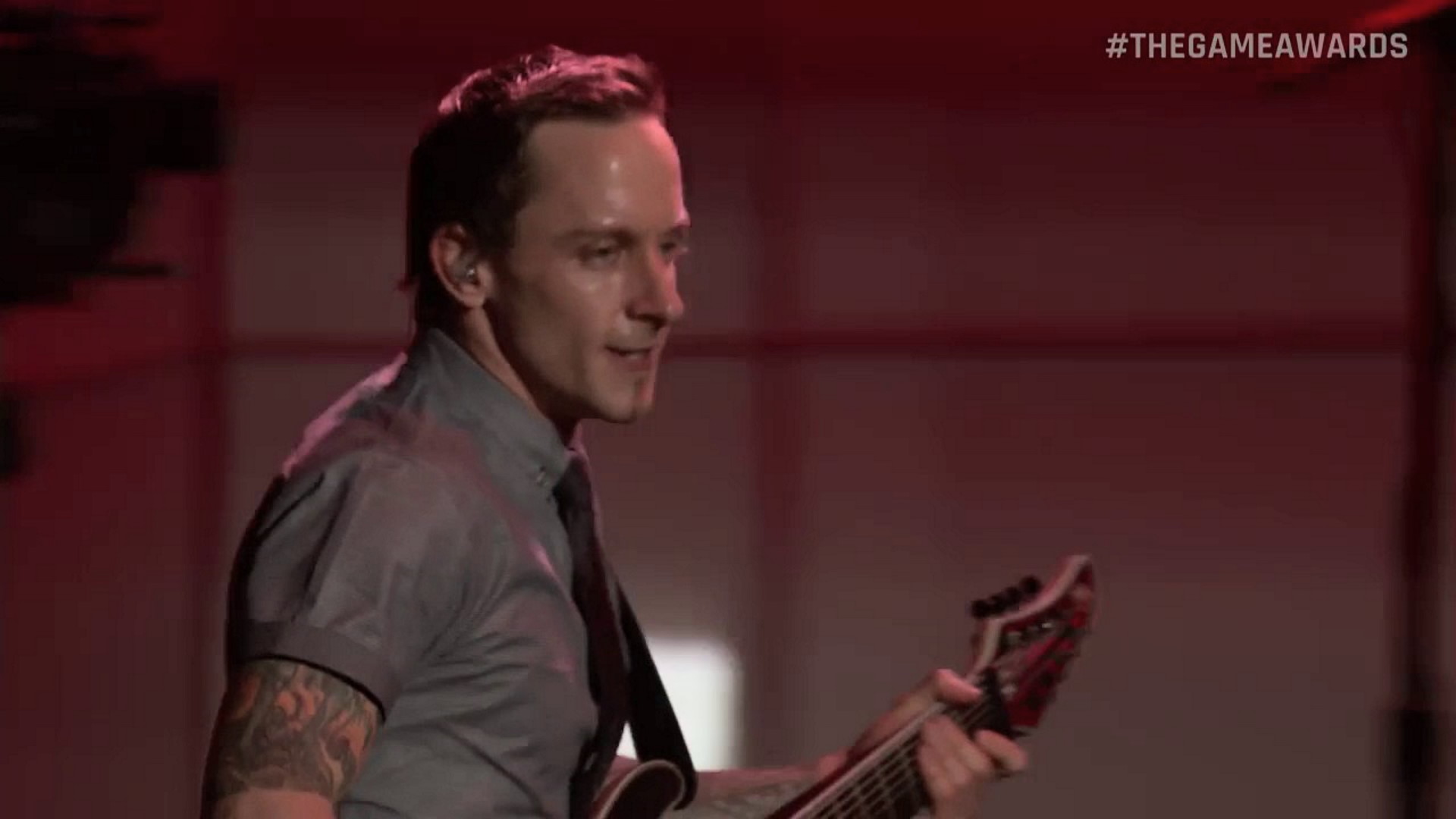
The Doom Eternal publisher has finally responded to Gordon's lengthy list of allegations against Marty Stratton and id Software.
Bethesda Softworks has responded to allegations made last week by Doom Eternal composer Mick Gordon, saying that Gordon “mischaracterized and misrepresented” the situation “with a one-sided and unjust account of the facts of the case.”
Problems between Gordon, an acclaimed composer with credits on multiple Bethesda games and numerous others, and Doom studio id Software came to light in 2020 following the release of the Doom Eternal OST. Gordon effectively disavowed it, saying he had not mixed most of the tracks, and more surprisingly predicted that he would not work with Bethesda again in the future; a month later, Doom Eternal executive producer Marty Stratton posted an “open letter” on Reddit, shifting the blame onto Gordon and portraying him as unreliable and difficult to work with.
Gordon remained silent on the matter until last week, when he shared a long and detailed statement claiming that he was the target of unfair and dishonest behavior on the part of id, and specifically Stratton, who Gordon said “lied about the circumstances surrounding the Doom Eternal Soundtrack” and “used disinformation and innuendo” to blame him for its failure.
The final straw came, according to Gordon, shortly after the release of the OST. He and Stratton had agreed on a path forward, but a few days later Stratton posted his open letter. Lawyers were called, proposals were made and rejected, and ultimately Gordon went public to repair his reputation because he felt there were no other options left.
“Using NDAs, settlements and gag orders to silence truths is an appalling tactic used by people in high positions of power fearful of accountability,” Gordon wrote. “I am choosing to speak out because the alternative was to accept that tactic as okay.”
Bethesda Softworks, the parent company of id Software and publisher of Doom Eternal, rejected Gordon’s version of events outright in a statement released today, however.
(Image credit: Bethesda Softworks)
“The recent post by Mick Gordon both mischaracterized and misrepresented the team at id Software, the development of Doom Eternal, Marty Stratton, and Chad Mossholder with a one-sided and unjust account of an irreparable professional relationship,” Bethesda said. “We are aware of all the details and history in this matter and unequivocally support Marty, Chad, and the team at id Software. We reject the distortion of the truth and selective presentation of incomplete ‘facts.’ We stand ready with full and complete documented evidence to disclose in an appropriate venue as needed.”
Ironically, Bethesda said that Gordon’s statement has “incited harassment and threats” against Stratton, Mossholder, and id Software in general. Gordon made essentially the same allegation in his statement last week, writing that “incidences of online abuse escalated at an alarming rate” after Stratton posted his missive on Reddit. Like Gordon, Bethesda called on fans to refrain from attacking anyone involved in the dispute, “including Marty, Chad, or Mick,” but unlike Mick it also warned that harassment of its employees “will be met with swift and appropriate action.”
“We remain incredibly proud of id’s previous collaborations with Mick Gordon and ask that fans refrain from reaching conclusions based on his account,” Bethesda said.
Mick Gordon performing the Doom soundtrack live at The Game Awards 2016.
The response to Bethesda’s statement on Twitter does not seem to be widely supportive. Some replies note that Gordon’s statement was deep, detailed, and “brought receipts,” while Bethesda’s response is a much briefer and simpler denial; others brought up the case of Bayonetta voice actor Helena Taylor, whose claims against developer Platinum were widely supported before they were debunked. And of course there are some (including me) who just wish that a composer they really like, and a studio they really like, would please stop fighting.
“Guys gotta fix things with Mick,” JS tweeted. “He’s a talented creator and should definitely return for the next Doom game. He’s a big reason that series is so highly regarded.”
Unfortunately, that seems extremely unlikely to happen. Gordon’s pre-Doom Eternal relationship with id Software and Bethesda was very fruitful: He contributed music to all the Wolfenstein reboot games—The New Order, The Old Blood, The New Colossus, Youngblood, and Cyberpilot—and composed and produced the OSTs for the 2016 Doom reboot and Arkane’s 2017 immersive sim Prey. The Doom Eternal soundtrack is as good as any of them. But as we said last week, it clearly caused a rift that’s unlikely to heal anytime soon, and Gordon’s prediction that he won’t work with Bethesda again seems very likely to come true.
I’ve reached out to Gordon for comment on Bethesda’s response and will update if I receive a reply.
